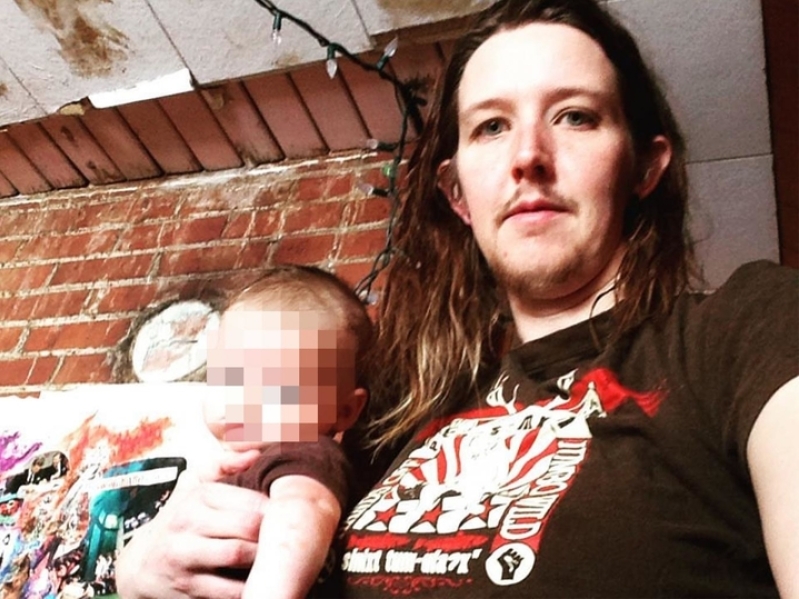
A Canadian parent who does not identify as male or female is fighting for the right to not give their baby a gender, claiming a biological examination is "restrictive" and cannot uncover the child's true identity.
Kori Doty, who uses the pronoun "they", says they want their eight-month-old baby, named Searyl Atli, to be able to choose its own gender when it is old enough. Doty told CBC a medical examination at birth cannot determine a child's true gender, because a baby might be intersex or grow up to identify with a gender that is different to their biological sex.
"When I was born, doctors looked at my genitals and made assumptions about who I would be, and those assignments followed me and followed my identification throughout my life," they said. "Those assumptions were incorrect, and I ended up having to do a lot of adjustments since then."
Doty has still not been granted a birth certificate for Searyl, because Canadian officials say a gender of either male or female must be registered. Doty, a member of the Gender-Free ID Coalition, recently launched a judicial review against the policy.
"I'm raising Searyl in such a way that until they have the sense of self and command of vocabulary to tell me who they are, I'm recognizing them as a baby and trying to give them all the love and support to be the most whole person that they can be outside of the restrictions that come with the boy box and the girl box," they said.
"I want my kid to have all of the space to be the most whole and complete person that they can be."
The province of British Columbia agreed to provide the child with a health card with a "U" for gender - believed to stand for "undetermined" or "unassigned".
The family's lawyer, barbara findlay, who chooses to spell her name without capital letters, told Global News: "The assignment of sex in this culture is done when a medical person lifts up the legs and looks at the baby's genitals. But we know that the baby's own gender identity will not develop for some years until after they're born."
In a recent op-ed, Michelle Cretella, M.D., president of the American College of Pediatricians, said transgender ideology has "infiltrated" her field, and is responsible for "large scale child abuse" for what it's teaching children and parents.
"Just a few short years ago, not many could have imagined a high-profile showdown over transgender men and women's access to single-sex bathrooms in North Carolina," she wrote in a commentary for The Daily Signal.
"But transgender ideology is not just infecting our laws. It is intruding into the lives of the most innocent among us - children - and with the apparent growing support of the professional medical community," she added.
Cretella referred to her 2016 peer reviewed article, "Gender Dysphoria in Children and Suppression of Debate," which warned that professionals who speak out against gender transition therapy for children find themselves "maligned and out of a job."
Despite the acceptance of this movement in the media, however, plenty of institutions and professionals in the field disagree with what she described as a "deeply flawed narrative."
Meanwhile, a June 2017 report from the Family Research Council (FRC) titled "Hostility to Religion: The Growing Threat to Religious Liberty in the United States" found that hostility toward conservative Christian views on sexuality have reportedly surged by 114 per cent.
"Private citizens and groups are finding themselves subject to increasing public censure and hostility simply for making a statement or taking a public stance on sexuality in accord with their religious convictions," reads the report, in part. "Many Americans of different faiths simply cannot approve of a willful embrace of sexual practices contrary to their religious teachings and conscience-whether it be homosexuality or another sexual practice."
"They do not want to be forced to do so by law, and have a right to not be forced into such situations," the FRC continues. "This is a matter of serious conviction, conscience, and deeply held religious beliefs, and affects the ability to speak freely and the freedom to live and act according to one's beliefs. Yet many are ridiculed and shamed in the court of public opinion for simply holding these religious convictions."






